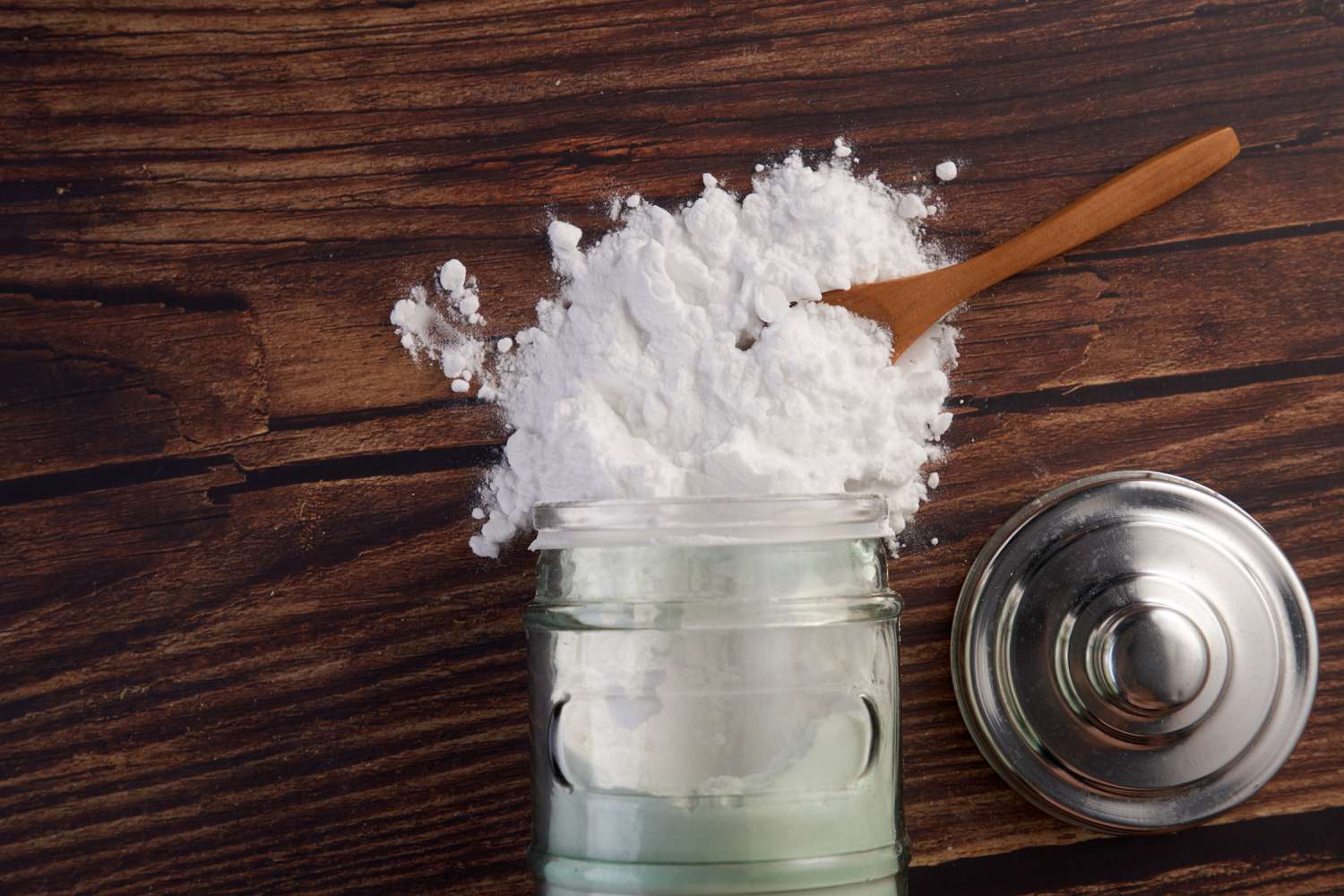
How To Tell If Your Baking Soda Or Baking Powder Has Expired
While staying at my grandparents’ house last weekend, I was craving pancakes—until I opened the baking cupboard and found a jar of baking soda with a label from the early 2000s. Could it still work? Or had my grandmother cleverly refilled it over the years?
Remembering grade school science projects, I knew I needed an acid to test for that telltale fizz—basically, a mini volcano experiment in my grandmother’s kitchen. But it got me thinking: How long do baking soda and baking powder actually last? And what’s the best way to tell if they’re still good?
Bryan Quoc Le, Food Scientist and Author of 150 Food Science Questions Answered.
What is Baking Soda?
Baking soda is a chemical leavener that adds lift to baked goods and is made with just one ingredient: sodium bicarbonate. Since it doesn’t contain an acid (like baking powder does), it needs one to react—think lemon juice, buttermilk, or yogurt. In a recipe, this reaction typically happens when the wet and dry ingredients are mixed together. Once the baking soda is mixed with the acid (the buttermilk, let’s say), it creates carbon dioxide bubbles, helping batters and doughs rise.
Because baking soda works quickly, you’ll often hear muffins and breads made with it called “quick breads” or even “soda breads.” Unlike yeasted doughs, these don’t require proofing time, making them a go-to for quick, fluffy bakes.
Caitlin Bensel; Food Stylist: Torie Cox
What is Baking Powder?
Baking powder is made with baking soda and cream of tartar (or cornstarch). It adds lift to baked goods without needing an acidic liquid to start its chemical reaction and help the dough rise. Any liquid will do, and once the batter is heated, the reaction gets an extra boost. That’s why this ingredient is so versatile in baking and frying.
If you ever mix up baking soda and baking powder, here’s an easy way to tell them apart: baking soda needs an acid like buttermilk to work, while baking powder is ready to go as soon as you add liquid.
How Long Does Baking Soda Last?
Once open, baking soda starts to lose its fizz and lift after six months. Discard baking soda after eighteen months. Unopened baking soda lasts up to three years.
How Long Does Baking Powder Last?
Once opened, baking powder starts to lose its lift after six months. Unopened baking soda lasts up to two years; check the expiration date on the bottom of the can.
How to Test for Expired Baking Soda or Baking Powder
If you’re unsure just how old your baking soda or powder is, Bryan Quoc Le shared an easy at-home test that will let you know whether they’re still good to use or ready for the trash bin. He said, “Readers can place a spoonful of baking soda or baking powder in vinegar or lemon juice. The mixture should bubble vigorously and not produce a smell other than the smell of vinegar. Baking soda and baking powder can also be placed on a stovetop in a pan. When heated, the two powders should release air bubbles that can seen at the surface of the powder.”
How to Store Baking Powder and Baking Soda
Baking Soda: While leaving your baking soda in the little box it came in might be convenient, it’s not the best way to store it. (Guilty!) While we’re not fans of decanting ingredients just for aesthetics, in this case, it’s worth transferring baking soda to a tightly sealed jar to keep out moisture and odors. Since it’s so absorbent, you’ll want to store it in a cool, dark place, away from strong-smelling spices or heat sources like your oven.
Baking Powder: On the other hand, baking powder can stay in its original container as long as it has a secure lid. Like baking soda, it should be stored somewhere cool and dry to maintain its potency.









